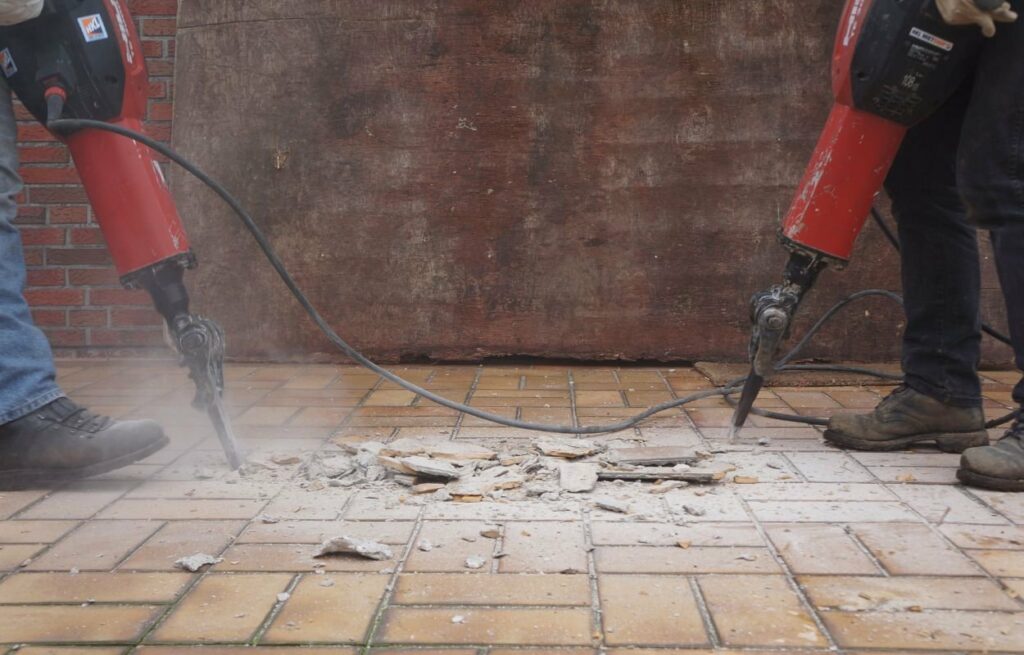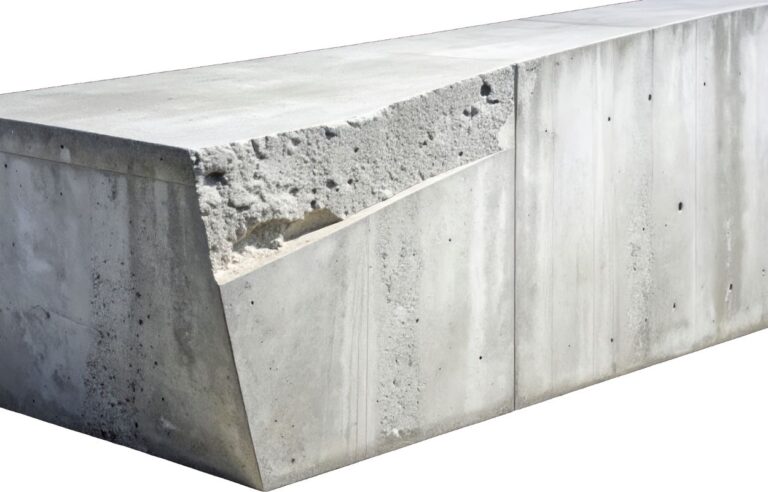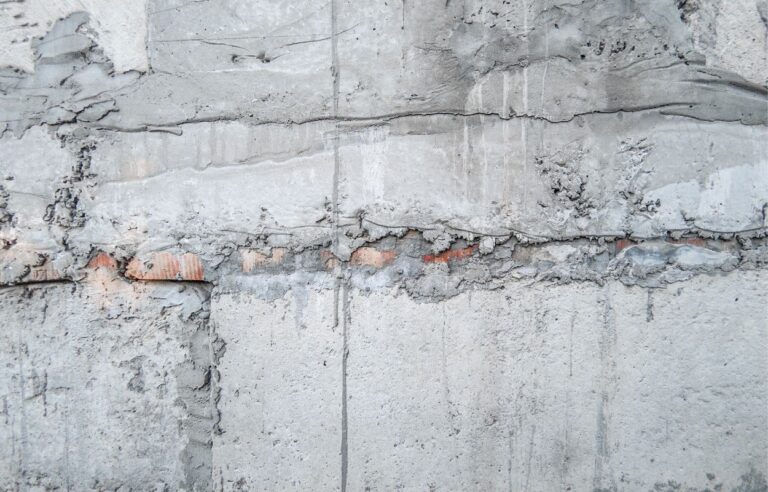
In the ever-evolving landscape of construction and urban development, demolition technology plays a pivotal role in reshaping our surroundings. As cities grow and structures age, the demand for efficient and sustainable demolition methods is on the rise. In this blog post, we’ll explore the latest trends in demolition technology, highlighting advancements that not only streamline the demolition process but also contribute to environmental sustainability.
INNOVATIVE DEMOLITION EQUIPMENT
One of the prominent trends in demolition technology is the advent of cutting-edge equipment. Traditional wrecking balls are giving way to more precise and controlled machinery, such as high-reach excavators and robotic demolition units. These innovations minimize collateral damage and enhance the safety of demolition sites. Local demolition services increasingly invest in state-of-the-art equipment to meet the demands of modern construction projects.
IMPLICATIONS OF IMPLOSION TECHNIQUES
Implosion, a controlled demolition technique, has gained popularity for its efficiency in bringing down large structures in a confined space. Utilizing explosives strategically, implosion allows for the targeted collapse of buildings, reducing the risk of damage to adjacent structures. Local demolition services are increasingly incorporating implosion techniques, adhering to strict safety protocols and environmental regulations to ensure a controlled and precise demolition process.
TECHNOLOGICAL INTEGRATION FOR SAFETY
Safety is a paramount concern in the demolition industry, and recent trends focus on leveraging technology to enhance job site safety. Drones equipped with cameras and sensors are being employed to conduct preliminary site inspections, providing a comprehensive understanding of the structure and potential hazards. Augmented reality (AR) is also making its way into the industry, offering real-time data overlays to assist operators in navigating complex demolition environments safely.
ENVIRONMENTAL SUSTAINABILITY IN DEMOLITION
As the global emphasis on sustainability grows, the demolition industry is actively seeking eco-friendly solutions. Recycling and repurposing materials from demolished structures have become integral to sustainable demolition practices. Moreover, advancements in dust and noise reduction technologies contribute to minimizing the environmental impact of demolition projects. Local demolition services are aligning with these eco-friendly practices, recognizing the importance of responsible demolition in a world increasingly focused on environmental conservation.
REMOTE DEMOLITION OPERATIONS
The integration of remote technology is transforming the way demolition projects are executed. Remote-controlled demolition equipment allows operators to manage the process from a safe distance, reducing the risk of accidents. This not only enhances safety but also opens up opportunities for skilled operators to remotely manage multiple projects, contributing to increased efficiency and cost-effectiveness. Local demolition services are adopting remote technologies to stay ahead in the competitive construction landscape.
CHALLENGES AND SOLUTIONS
Despite the technological advancements, the demolition industry faces its set of challenges. As structures become more complex, adapting demolition techniques to suit diverse architectural designs is a continuous hurdle. However, innovative solutions, such as advanced cutting tools and precision engineering, are being developed to address these challenges. Local demolition services are actively collaborating with technology providers to overcome obstacles and deliver efficient demolition solutions.
In conclusion, the trends in demolition technology reflect a dynamic industry responding to the demands of modern construction and environmental consciousness. From advanced equipment to eco-friendly practices, the evolution of demolition techniques is shaping a safer, more sustainable future for urban development. Local demolition services embracing these trends are not only meeting current industry standards but are also positioning themselves as key players in the construction landscape of tomorrow. As technology continues to advance, the demolition industry will play a vital role in reshaping our cities while prioritizing safety and sustainability.





